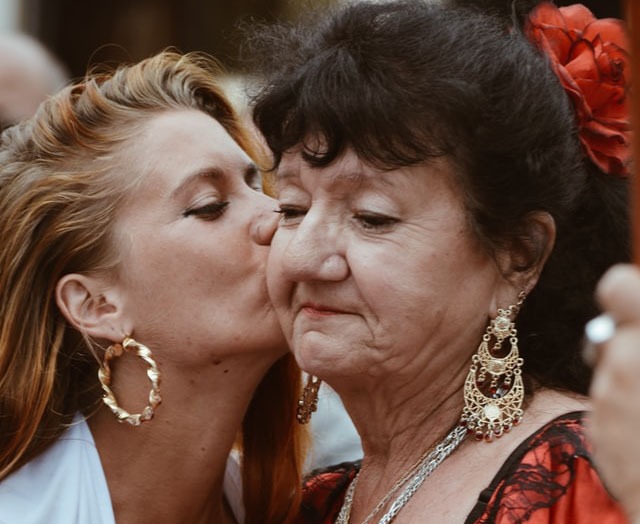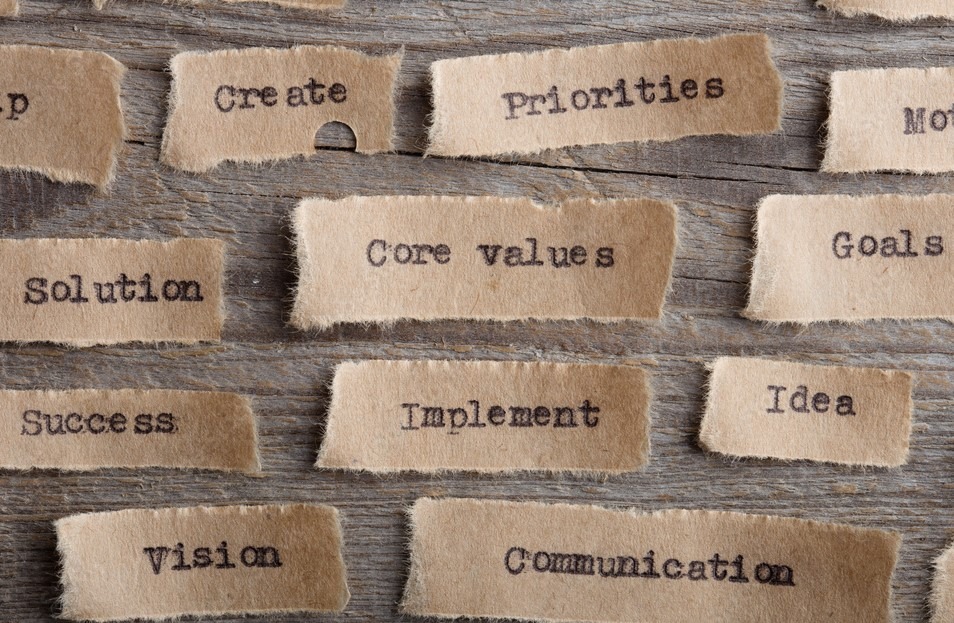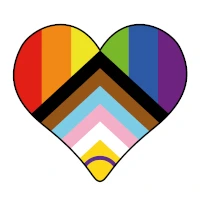If there’s one defining characteristic of our human species, it may well be our imperfection. It is inevitable that, at one time or another, we will all make a mistake. The challenge is going the next step to offer an apology. If you’ve come to terms with our humanness, let’s see if you can accept this next reality check: Those mistakes can hurt others. Yes, even people about whom we deeply care. Heck, we might even hurt a loved one doing something we don’t ultimately regard as a mistake. Oh, the wonder of life’s double binds…
Generally, we do the best we can with the knowledge and resources (external and internal) we have at the time. Armed with even with the best of intentions, we will still inevitably wound others at various points across our lifetimes. So, learning the art of a meaningful apology seems kind of essential, wouldn’t you say?
An Apology with Heart
A true and meaningful “I’m sorry” requires more than skill; it needs to be heartfelt (Brown, 2020). That’s what this post hopes to spark- a genuine and intrinsic motivation to make repairs (instead of jumping into defensiveness). Although the steps to a proper apology are important, the intention behind those steps is also essential. Skill and heart are both necessary, but neither alone is sufficient.
Have you ever been to a show during which you just couldn’t connect with the artist’s performance? They maybe showed wonderful technical ability, but an absence of passion or energy investment left you uninspired? It’s unlikely you’d invest your own energy, time, and/or money back into that same artist down the road. We are far more likely to invest back into something that we can tell somebody else genuinely cares about. At Farmers’ Markets for example, I don’t just look at product quality; I look for the heart behind the item’s production. Through observation I learn who believes their product enhances others’ well-being or joy in some way. Then I engage with the seller who demonstrates that that’s why the product was created in the first place. Such genuine and benevolent intention is also what best guides the creation of a meaningful apology.
How do you cultivate such heart? It’s definitely not easy, especially when our own hurt and anger is screaming to be witnessed first… I’ve yet to encounter someone who is eager to say “I’m sorry”. As evolutionary creatures, defensiveness is a natural reaction that’s hardwired into each of our beings. Luckily, the motivation for our false egos to take a step back is also wired into us: the desire for connection. And maintaining connection is what apologizing is all about.
The Gift of an Apology
If you’ve ever watched the TV show Friends, you might remember “The One Where Phoebe Hates PBS”. In this episode, Phoebe and Joey humorously debate whether a selfless good deed really exists. The conclusion (spoiler alert) is that doing something kind or “good” seemingly always helps us in turn. Without getting too philosophical, the same can be said for the act of apologizing.
Lerner (2017) highlights that a proper apology is a gift to (1) the Other, (2) the Self, and (3) the Relationship. For the Other, it helps to free up some of their mental space. It lets them know we see them, hear them, and “get it”, which can release them from obsession and soften intense emotion. An apology shows the Other that their feelings matter to us, and that their voices can reach us. They’re not invisible. They matter.
For the relationship, an apology contributes to the foundational need of safety. It shows that the “we” is more important than the “me”. When we apologize, we show our desire to stay connected, and foster a real sense of partnership.
As for the Self, choosing to objectively look at our actions in addition to our intentions gifts us with integrity. Yes, we all have reasons for doing what we do, but the impacts of those actions greatly matter too. Taking personal ownership over the outcomes of our behaviours helps us grow in maturity. It can open our minds to other ways of doing things in the future, to possibility.
Apologizing is a very vulnerable act. Thus, it is also a very courageous act. We have no clue (or control over) how the other person will respond. When we move through that fear and take proper ownership over our missteps, we also gift the Self with self-respect. We can rest easier knowing that we showed up for someone in a way that we would want someone to show up for us.
The No-Strings Attached Apology
Although there are gifts to the Self that come along with apologizing, apologies should only serve to soothe the other (Lerner, 2017). Saying “I’m sorry” with expectation of something in return nixes the heartfelt part of the act, rendering it meaningless. A proper apology never asks the hurt party to do anything, be it forgive, apologize in return, or quiet down and move on. Even if you don’t state these requests out loud, notice for yourself if you’re carrying such expectation in your heart. If so, there’s likely some inner processing that could be worked on (how exciting! Call us… 😉 ).
“But I’m Hurting Too!”
Your hurt matters. But it will not receive the respect it deserves if it is a response to someone else’s hurt. As related as your hurts might be, it’s a change of subject to say “I’m upset too.” If you’re struggling with things the other person has said and done, it is important to discuss those issues. However, timing is critical. Your feelings and concerns are too important to be used as a simple rebuttal or defense strategy. Save them for another time when, at your own initiation, they can be honoured as the focus of their own conversation (Lerner, 2017).
Rush an Apology and You’ll Ruin it
Relationships benefit when repairs happening sooner rather than later. But you should not rush through an apology. When we’re hurt or upset, we want to be understood. We want the other person to “get it”. Maybe even to get us. A proper apology can deepen the intimacy between two people. A quick “I’m sorry” however, is likely to feel invalidating or dismissive to the hurt party. It sends the placating message: “Are we good? Can we move on? I’m uncomfortable” more than the essential “I care”. There is no timeline for healing even small hurts, and a quality apology requires some time and energy investment. Be patient.
More to Come…
Trailing that notion of patience, this topic of apologies (and its sibling topic, forgiveness) is a big one! Stay tuned for Part 2 of this blog, which will include some concrete steps for formulating an effective apology. In the meantime, stay heartfelt <3
Let us Help!
Unstuck Psychologists take pride in our own ability to show up to sessions with our clients in a heartfelt way. If you want to add one of us to your support network, give our Front Desk a call (780-784-8825) or send an email to [email protected]. We offer in-person, online, and telephone session. Check out our Psychologist profiles and availability.
Shayla Drewicki, MC, RPsych
References
Brown, Brené. (Host). (2020, May 5). I’m sorry: How to apologize & why it matters (No. 12) [Audio podcast episode]. In Unlocking us. Cadence13. https://brenebrown.com/unlockingus/
Lerner, H. (2017). Why won’t you apologize? Healing big betrayals and everyday hurts. Gallery Books.












